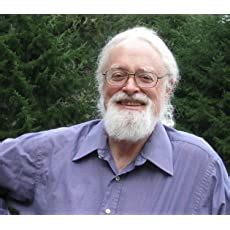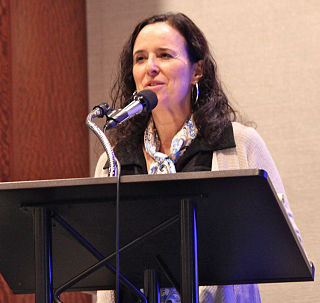A Quote by Lawrence Kohlberg
It seems obvious that moral stages must primarily be the products of the child's interaction with others rather than the direct unfolding of biological or neurological structures.
Related Quotes
I think I would have been a lot more miserable and discovered a lot less of things I liked if I hadn't had LiveJournal in high school. I think it's interesting how blogging seems to be shaping a new generation of writers. I feel like growing up with the Internet/blogging/other structures seems to be a reason for the similarities people see in Tao Lin's writing and other young writers, rather than direct.
To overcome our biological limitations as individuals, we have co-evolved collective systems and capacities - cultural, social, economic, political, scientific, media, educational, public relations, etc. But the flaw in all that is that we have designed them primarily for comfort, profit, power, control, and entertainment rather than for collective intelligence, sanity, and wisdom.
There can be, therefore, no true education without moral culture, and no true moral culture without Christianity. The very power of the teacher in the school-room is either moral or it is a degrading force. But he can show the child no other moral basis for it than the Bible. Hence my argument is as perfect as clear. The teacher must be Christian. But the American Commonwealth has promised to have no religious character. Then it cannot be teacher.
While I was writing the book, one of my children was diagnosed with dyslexia. Dyslexia is a very tiny word for a wide-ranging neurological condition that affects different people in different ways. But I was reading an awful lot about it, to try and find ways of helping my child. I think a lot of fiction comes from this desire to confront unanswerable questions, and it's heartbreaking to see your child, a bright child, struggling so much with something that others are finding so easy. It's such an assault to the child's self-esteem and, as a mother, it's hard to watch.
Without a sense of the shame or guilt of his or her action, the child will only be hardened in rebellion by physical punishment. Shame (and praise) help the child to internalize the parent's judgment. It impresses upon the child that the parent is not only more powerful but also right. Like the Puritans, Locke (in 1690), wanted the child to adopt the parent's moral position, rather than simply bow to superior strength or social pressure.
Whereas a lot of Buddhism concerns itself with stages of enlightenment, various precepts and moral codes, and even power structures and hierarchies, Zen is just like, 'Shut up, sit down, and observe your thoughts - oh, and by the way, what you perceive as you' doesn't actually exist.' I loved the minimalist approach of it.
In anthropology, which historically exists to 'give voice' to others, there is no greater taboo than self-revelation. The impetus of our discipline, with its roots in Western fantasies about barbaric others, has been to focus primarily on 'cultural' rather than 'individual' realities. The irony is that anthropology has always been rooted in an 'I' - understood as having a complex psychology and history - observing a 'we' that, until recently, was viewed as plural, ahistorical, and nonindividuated.




































